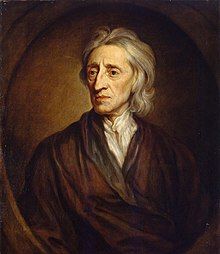676 reads
An Essay Concerning Humane Understanding, Volume II: Book III, Chapter I.
by
August 8th, 2022
Audio Presented by

English philosopher and physician, widely regarded as one of the most influential of Enlightenment thinkers
About Author
English philosopher and physician, widely regarded as one of the most influential of Enlightenment thinkers
